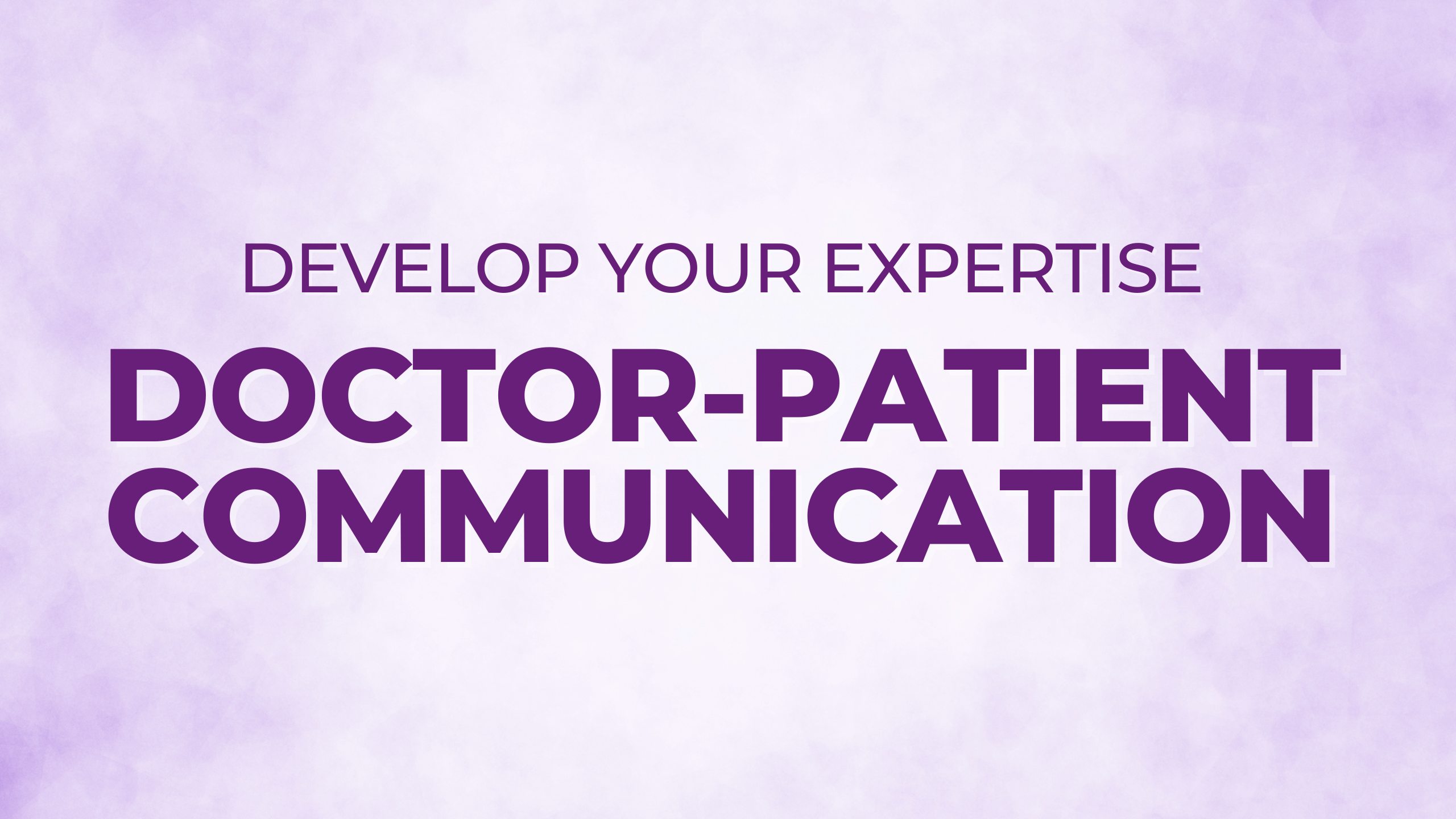6 Ways to Prioritize Self-Care Before Your In-Training Exam

In-Training Exams (ITEs) are coming up quick! You probably have some extra time in your schedule dedicated to getting ready for the exam. So, how are you making time for yourself? This is your reminder to treat yourself as your primary patient in the time leading up to your exam. Yes, that means, make sure you're taking care of yourself, too!
Of course, this exam won’t be quite as high stakes as your board exam will be, but you might still be having some exam anxiety! This is a great opportunity to start implementing good self-care habits.
Self-care is vital to help you study strong and retain information for easier recall. Good physical and mental health are essential for the memory process—stronger memory encoding happens when you sleep well, eat well, and exercise! Plus, when you feel good, you’ll be a better doctor to your patients. Here are 5 ways that you can prioritize and care for yourself before your ITE.
Get Some ZZZ’s
When you don’t get enough sleep, your brain cells communicate differently, which can lead to mental lapses, affecting both perception and memory. Leading up to a big exam, prioritize getting 8 hours of sleep so your brain can effectively learn and remember the information you’re studying.
Everyone knows it’s important to get a good night’s sleep before learning something new. But did you know sleep is just as important (maybe even more so) after learning? That’s because a vital part of learning—consolidation—happens while you sleep.
Neuroscientists haven’t yet pinned down the mechanisms involved, but consolidation appears to include an interchange between the hippocampus and the neocortex, two parts of the brain that are particularly active during sleep. Make sure to get a good night rest in before your exam too, you’ll feel more refreshed and ready to take on whatever comes at you before your exam.
"Get enough sleep the last week. A lot of people cram the last week and they are overly tired on the day of the exam. When you are tired, you make careless mistakes and don't remember information as well." —Peter Huynh, MD
Avoid Stress Eating
We’re sure you’re familiar with the term emotional overeating or stress eating. The more that’s “on your plate,” so to speak, the more likely you are to eat as an outlet. When you're spending a lot of time studying for exam, you might find yourself reaching for that bag of chips more than usual. Avoid stress eating by:
- Pack healthy snacks to eat throughout the day, we recommend dried fruits, nuts, and granola bars!
- Drink plenty of water. When packing your healthy snacks make sure to pack a reusable water bottle as well.
- Bring your lunch with you to work. You won’t be tempted to grab fast food (or worse, vending machine food!)
"Continue to pay attention to healthy eating, sleep, hygiene and exercise. Address anxiety with coping skills that you hopefully have previously established." —Paul Catalana, MD, MPH
Focus on Fitness
It’s amazing how a good work out can help you to relieve stress and anxiety—exercise boosts your endorphins, giving you a physical outlet for pent-up, pre-exam stress. And exercise helps you build long-term memory.
Whether it’s a simple walk around the block or a session of kickboxing, making time for physical activity will serve you well, especially during exam prep.
"Treat this like you're preparing for an athletic event. Minimize or eliminate substances such as alcohol, caffeine, excessive and unhealthy food, etc. Go to the gym and go to sleep on time. Study some if you like, but make sure to balance your studies with activities like movie-watching or pleasure reading so that your stress level stays under control." —Mark Yoffe, MD
Practice Mindfulness
Dedicate a specific time in your day to practicing mindfulness. Take 5-10 minutes out of your day to reflect: sit outside while enjoying your morning cup of coffee, take a 5-minute walk outside, or turn off the radio during your commute. Dedicate a few minutes of each day to being present in the moment, and feel your stress levels decrease.
Pro Tip: If your Apple Watch tells you that you need to breathe, don’t ignore it!
"Relax and focus, think positive." —Maridine Co, MD
Find a Mentor
A good mentor will help guide you (like, with tips for exam day!), support you and inspire you throughout your career. Go to this person and set up a time to get coffee or lunch and talk openly about your anxiety leading up to the exam. Chances are, they’ll be able to ease your fears and tell you about their personal experiences with exams. Ask them for their best self-care tip while you're at it!
"Find a physician friend or mentor with whom you can be completely honest." —Sonal R. Patel, MD, MS
Stay Positive
Remind yourself of the hard work you have put in studying for your exam and go into it on exam day with confidence. You’ve got this! No negative or degrading self-talk!
"Be calm and confident. Having a positive attitude goes a long way. —Melba I. Ovalle, MD
Prioritize self-care before your exam day so you can go in to your exam feeling refreshed and confident! Follow us on Instagram @MedStudySTRONG to get daily questions to help you get ready for your ITE.


